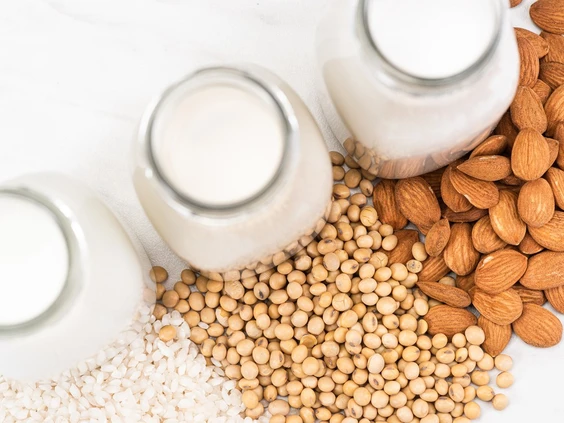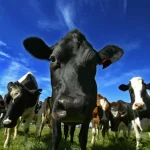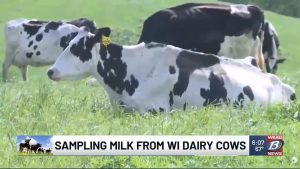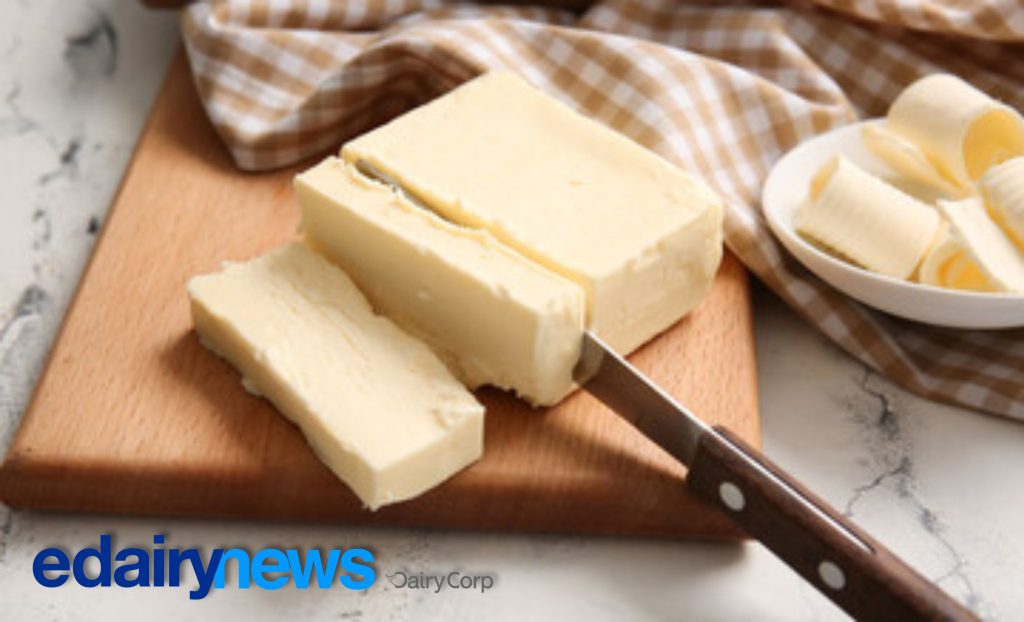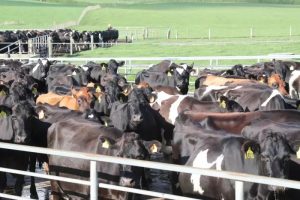
We have all seen these pseudo-milks in the stores, usually displayed with or near the dairy coolers. They are made from all manner of plants ranging from grains (oats, quinoa, rice), legumes (peas, soy), nuts (almonds, cashews, coconut, hazelnut, macadamia, peanuts, pistachios, walnuts) and seeds (flax, hemp, sesame). Anything except where real milk comes from – mammals.
Often referred to as milk replacements, the truth is these plant-based “milks” do not contain the same nutrients as milk. They are mostly lacking in protein, calcium, vitamin A, vitamin D, magnesium, phosphorous, and potassium— meaning those who use them are not consuming the required daily intake of these nutrients.
Apparently the closest in nutrient value to milk are the beverages made from soy.
Admittedly even cow’s or goat’s milk in stores isn’t perfect and is lacking in vitamin D, which is why all animal-based milk sold in Ontario must have vitamin D added during processing.
Buyers of these plant-based lookalikes need to check the content labels on these products and compare them to the labels on milk before buying them. The closest substitute to any of the milks is, apparently, the soy products.
Many people, especially teens, go vegan or vegetarian without looking into the how to completely. It is far more complicated than just deleting any and all products derived from animals from one’s dietary intake. A lot more.
Humans are naturally omnivores, eating and digesting a combination of both animal and plant products in their diets. If one cuts out the animal part of it, what is now missing needs to be made up on the vegetable side of the intake as well as adding necessary supplements.
Probably the most important ones affected by a lack of animal-based products in their diets would be growing children.
To refer to these plant-based beverages as replacements or substitutes is wrong and misleading. As usual, it is left up to the consumers to check and verify these claims themselves.
